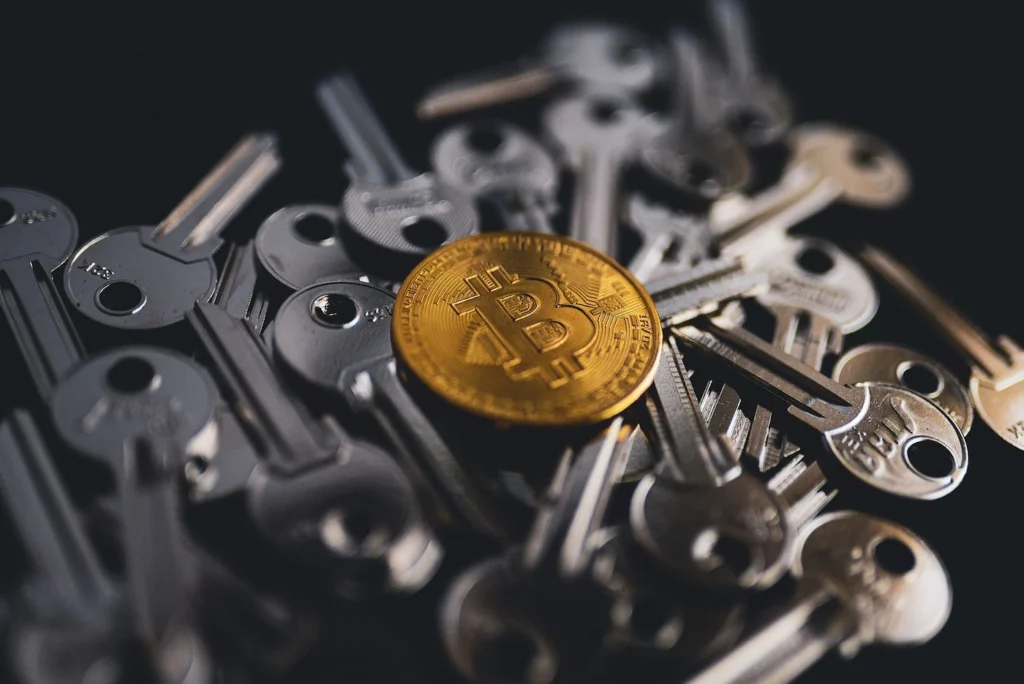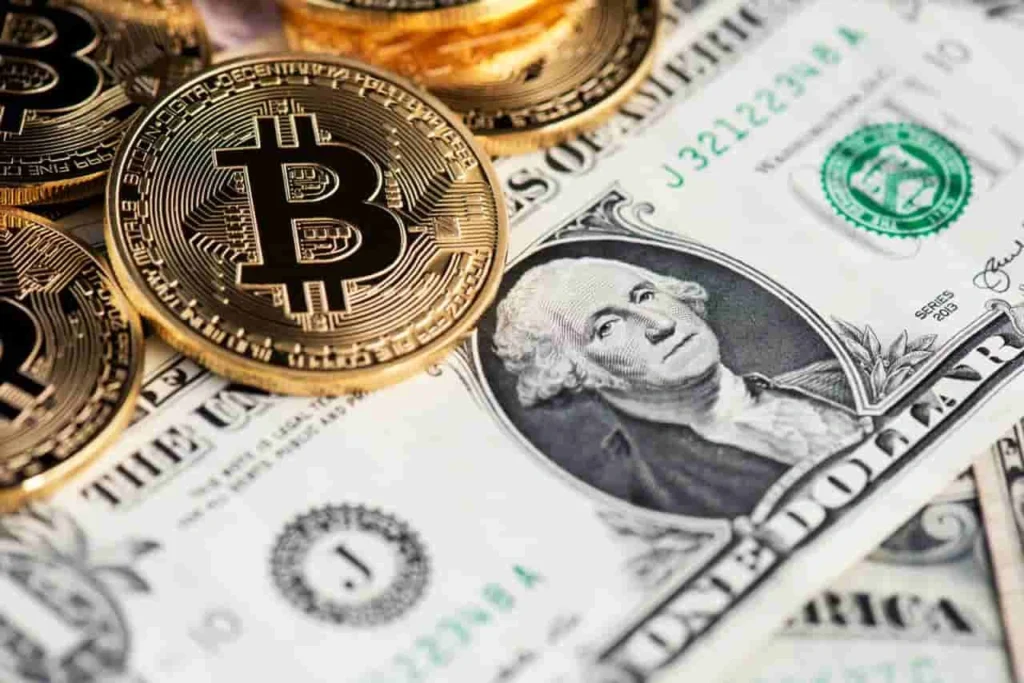Is Crypto Really Legal? Untangling the Crypto Legal Status Puzzle
Wait—Is Crypto Actually Legal? Let’s Talk About Crypto Legal Status
So here’s the thing. Everyone’s talking about crypto—trading it, mining it, even using it to buy coffee (in some places). But hold up… is it actually legal tender? That’s where the term crypto legal status comes into play. And spoiler: it’s not a simple yes or no.
Let’s break it down, because the laws? They vary—a lot. What’s totally fine in one country might get you a warning (or worse) in another.
Crypto Legal Status Depends On Where You Are

Yep, geography matters more than ever here.
In Japan, for instance, Bitcoin is legally recognized as a method of payment—not legal tender per se, but still, pretty accepted. In contrast, China has outright banned crypto transactions and mining. The U.S.? Well… it’s somewhere in the middle. Crypto is treated as property by the IRS, and the SEC calls some tokens securities. Legal? Kind of. Legal tender? Not really.
That term—“legal tender”—has a very specific meaning. It’s not just “money you can use.” It’s money a government says must be accepted for payment of debts. And right now? Very few, if any, countries treat crypto that way.
Even El Salvador, which made Bitcoin legal tender in 2021, faces criticism. Locals still prefer cash. Businesses can accept Bitcoin—but some don’t. So, even when the law says “it’s money,” the people may not agree.
So What Is Crypto, Legally Speaking?


Well… that depends who you ask.
Most governments classify crypto as an asset—think property, or sometimes even a commodity. Others see it more like a security (like stocks). Few treat it like currency, and even fewer as legal tender.
That means when you buy crypto, you’re not necessarily buying “money”—you’re buying an item. One that might go up (or crash), that might be taxed when you sell, and that might not be protected if something goes wrong.
And let’s not forget the gray zones. In some regions, crypto isn’t banned outright, but also isn’t regulated—which sounds great until you need legal recourse or get caught in a scam. Then suddenly, that “freedom” starts to feel shaky.
Why The Status Matters—Even If You’re Just HODLing


Let’s be honest—if you’re just holding crypto in a private wallet and watching the price, it might not feel like legal status matters. But it does.
For one thing, it affects how your crypto is taxed. (Spoiler: the IRS wants to know.) It also determines whether platforms you use are required to verify identities, file reports, or shut down altogether.
If crypto ever wants mainstream adoption—like, truly replacing traditional money—its legal status has to become clearer. Otherwise, it’s stuck in limbo: not quite outlawed, not quite official.
Could Crypto Become Legal Tender One Day?

Maybe. But not tomorrow.
It’s technically possible that more countries could follow El Salvador’s lead. But that depends on public acceptance, infrastructure, and—oh yeah—a stable crypto market. Not exactly a given right now.
Plus, central banks aren’t just standing by. Many are working on their own digital currencies (CBDCs), which could overshadow decentralized crypto entirely. If those gain traction, governments might tighten the rules on private crypto even more.
So yeah… maybe crypto will become legal tender someday. But for now, it’s more like legal “ish.” Valuable? Sure. Official currency? Not quite.
Final Thoughts: Crypto Legal Status Is a Moving Target
Here’s the bottom line: crypto legal status is evolving, fast. What’s okay today might be regulated tomorrow. What’s banned now could be reconsidered next year.
So if you’re investing, transacting, or just curious—keep paying attention. The legal landscape isn’t set in stone. And if crypto ever does become legal tender where you live… well, you’ll want to be ready.
Related news: Is Crypto Legal or Not? A Straightforward Look at the Crypto Legal Status Pros & Cons




